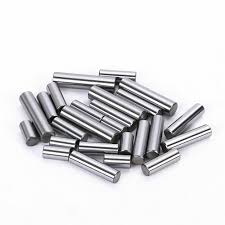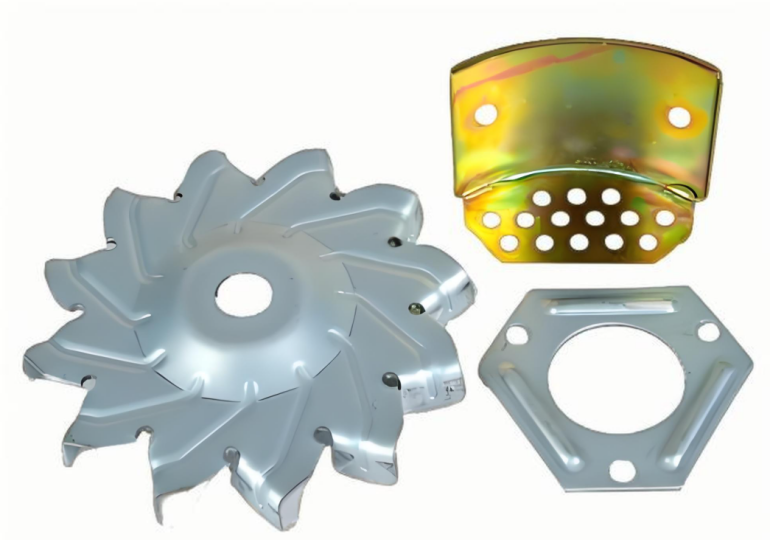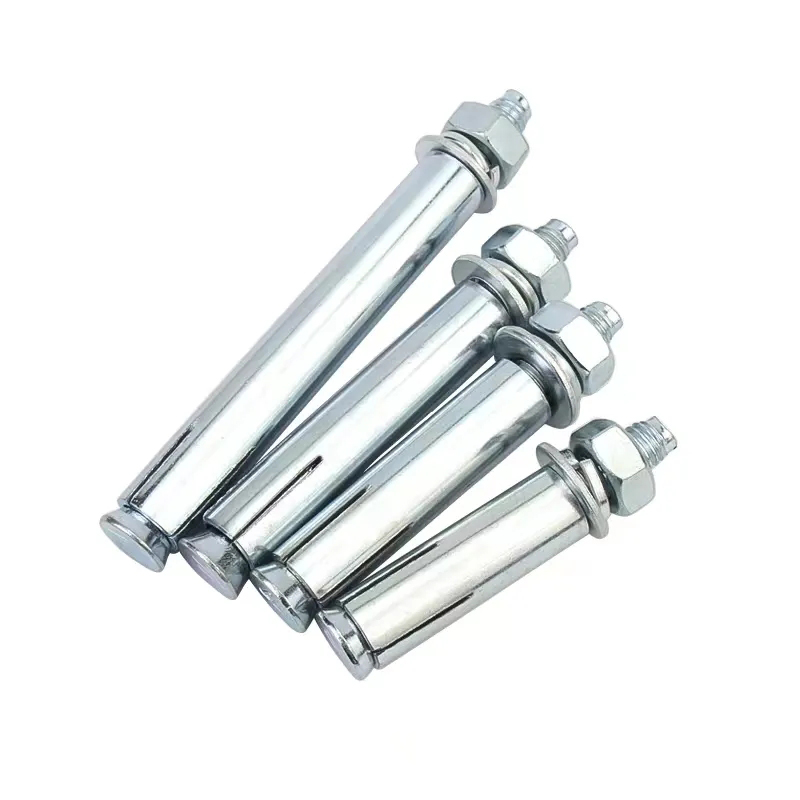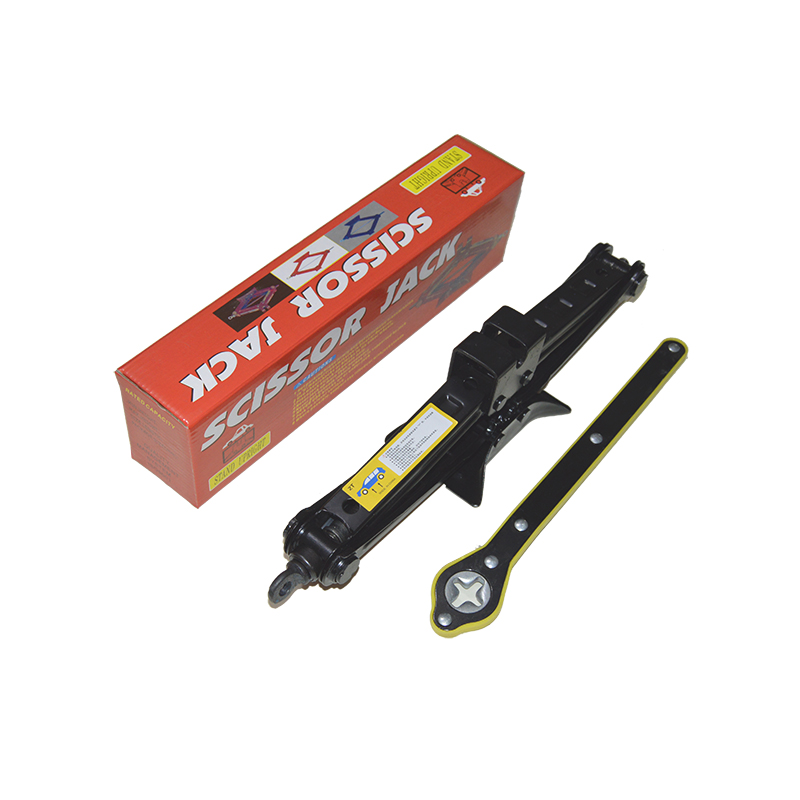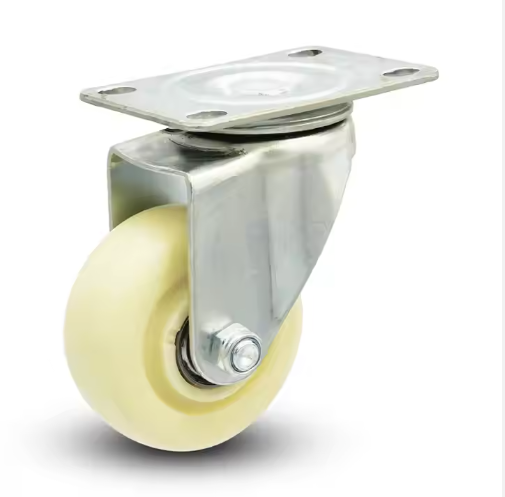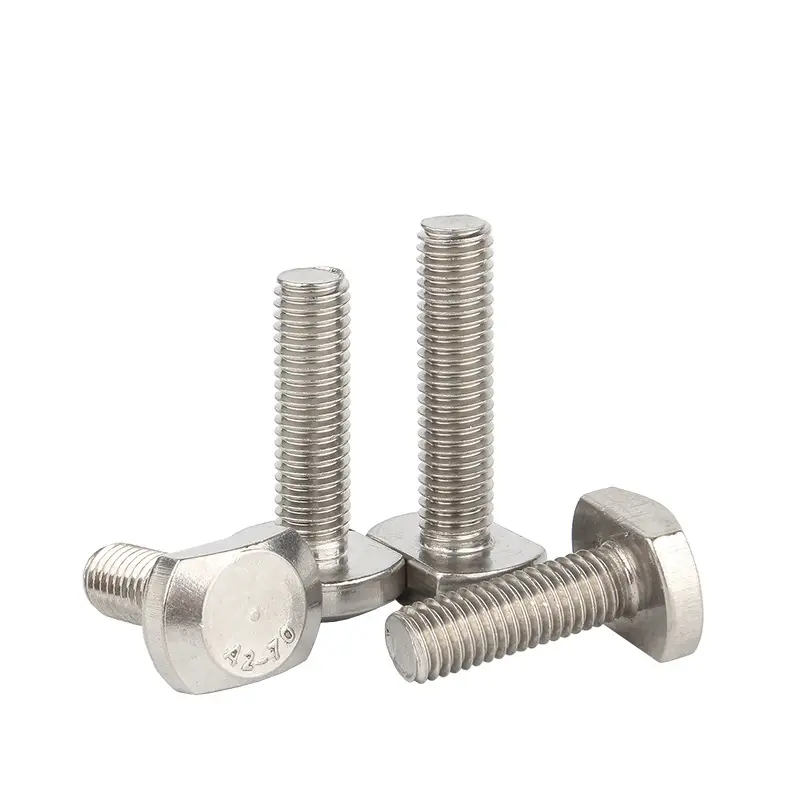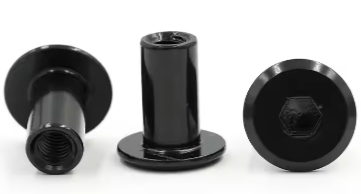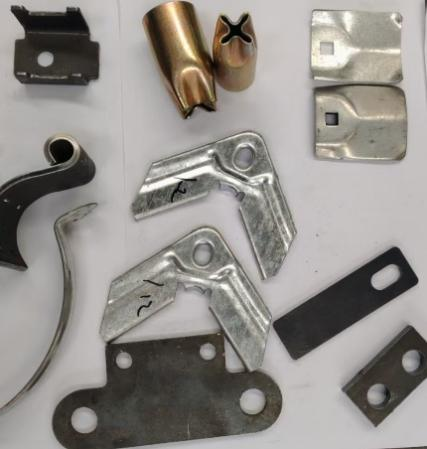

This guide provides a detailed overview of DIN 933 M16 hexagon head bolts, covering their specifications, applications, material properties, and selection criteria. We'll explore the key features that make them suitable for various engineering applications and offer insights into ensuring proper installation and maintenance.
DIN 933 M16 refers to a specific standard for hexagon head bolts defined by the German Institute for Standardization (DIN). The M16 indicates a nominal diameter of 16 millimeters. These bolts are characterized by their robust hexagonal head, designed for tightening with a wrench. They are widely used in various industries due to their strength and reliability.
The DIN 933 M16 standard specifies various dimensions, including thread length, head height, and wrench size. Precise dimensions vary slightly depending on the manufacturer and the grade of the bolt's material. For detailed dimensional information, always refer to the official DIN 933 standard or the manufacturer's specifications. You can often find these details on product datasheets from reputable suppliers like Hebei Dewell Metal Products Co., LTD.
DIN 933 M16 bolts are available in various material grades, each possessing different tensile strengths and yield strengths. Common materials include carbon steel, stainless steel (e.g., A2, A4), and other alloy steels. The material grade significantly influences the bolt's strength, corrosion resistance, and overall suitability for specific applications. The choice of material depends on the environmental conditions and the required mechanical properties of the fastening system.
DIN 933 M16 bolts are highly versatile and find applications in diverse engineering and construction projects. Their high strength makes them ideal for applications requiring heavy-duty fastening, such as machinery, structural steel work, and industrial equipment. They are often used in situations where reliable and secure fastening is paramount.
The application of DIN 933 M16 bolts extends across numerous industries. They can be found in automotive manufacturing, shipbuilding, aerospace components, and general mechanical engineering. The specific grade of bolt chosen will depend on the application's requirements for strength, corrosion resistance, and temperature tolerance.
Selecting the right DIN 933 M16 bolt requires careful consideration of several factors: the material grade, the required tensile strength, the environmental conditions (corrosion resistance), and the application's specific demands. Consulting with an engineering professional is recommended for critical applications.
Correct installation is crucial to ensure the integrity and performance of the bolted joint. This involves using the appropriate wrench size, applying the correct tightening torque, and avoiding over-tightening, which can damage the bolt or the connected parts. Consult manufacturer's instructions or relevant engineering standards for precise torque values.
| Material Grade | Tensile Strength (MPa) | Yield Strength (MPa) | Corrosion Resistance |
|---|---|---|---|
| 8.8 (Carbon Steel) | 800 | 640 | Low |
| 10.9 (Carbon Steel) | 1040 | 900 | Low |
| A2-70 (Stainless Steel) | 700 | 500 | High |
| A4-80 (Stainless Steel) | 800 | 640 | Very High |
Note: Tensile and yield strength values are approximate and can vary depending on the manufacturer. Refer to the manufacturer's datasheets for precise values.
This guide provides a general overview of DIN 933 M16 hexagon head bolts. For specific applications, always consult relevant engineering standards and manufacturer specifications to ensure proper selection, installation, and safe operation.


